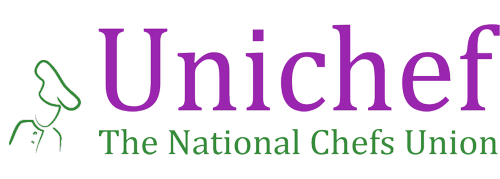Everyone from Chefs to part-time delivery drivers will be affected by new data-sharing rules.
New rules coming into force from January 2024 could mean people who make money through a 'side hustle' have their bank account details shared with HM Revenue and Customs (HMRC).
As part of a global clampdown on tax evasion, digital platforms that allow people to make extra cash on top of their main income will be ordered to give HMRC users' information. This will impact everyone from holiday rental hosts and delivery drivers to sellers on online marketplaces and even freelancers.
For many years Chefs have needed to supplement poor earnings by taking on extra work in some form,but the Revenue are well aware of the abuse of cash transactions in the Hospitality sector and our industry will be high on the list for future scrutiny.
So then the many chefs that found cash work during the pandemic as Gardeners or Painters etc,as well as those who have left to set up their own business as an Agency,Freelance Chefs or Private Chefs must now be doubly careful about what they do and be able to explain all sources of their income,especially if they uses any form of media,including Facebook, Instagram,Tik Tok etc
Here, we explain what this could mean for you, the rules around income tax and how to avoid getting into trouble with HMRC.
What has HMRC announced?
The tax office already has the power to demand UK-based apps and websites to provide data on the income of sellers, including bank account details. But because many digital platforms are based overseas, such as holiday letting sites, some tax dodgers are still slipping through the net.
HMRC has now signed up to the Organisation for Economic Co-operation and Development (OECD) rules, which will allow it to investigate the tax affairs of people earning an income via a company that operates abroad.
Under the measures, it will also share information with other participating tax authorities where a seller is a resident. A copy of the details will then be sent to the seller to help them comply with their tax obligations. As of November 2022, 28 countries and jurisdictions had signed up to the OECD rules.
HMRC hopes the rules, which will be introduced in the new year, will mean more people get their tax bill right and clamp down on those deliberately avoiding paying as they explain..
"The vast majority of people pay the correct amount of tax. We use various methods, including working with online rental and marketplace platforms, to help make it as easy as possible for people to pay the right tax.
Side hustles – jobs you take on in addition to your main job – have become a popular way to boost earnings. But whether it is selling handcrafted goods or delivering takeaways, any money you make counts as self-employed income and must be declared to the tax office."

Recommended Comments
There are no comments to display.